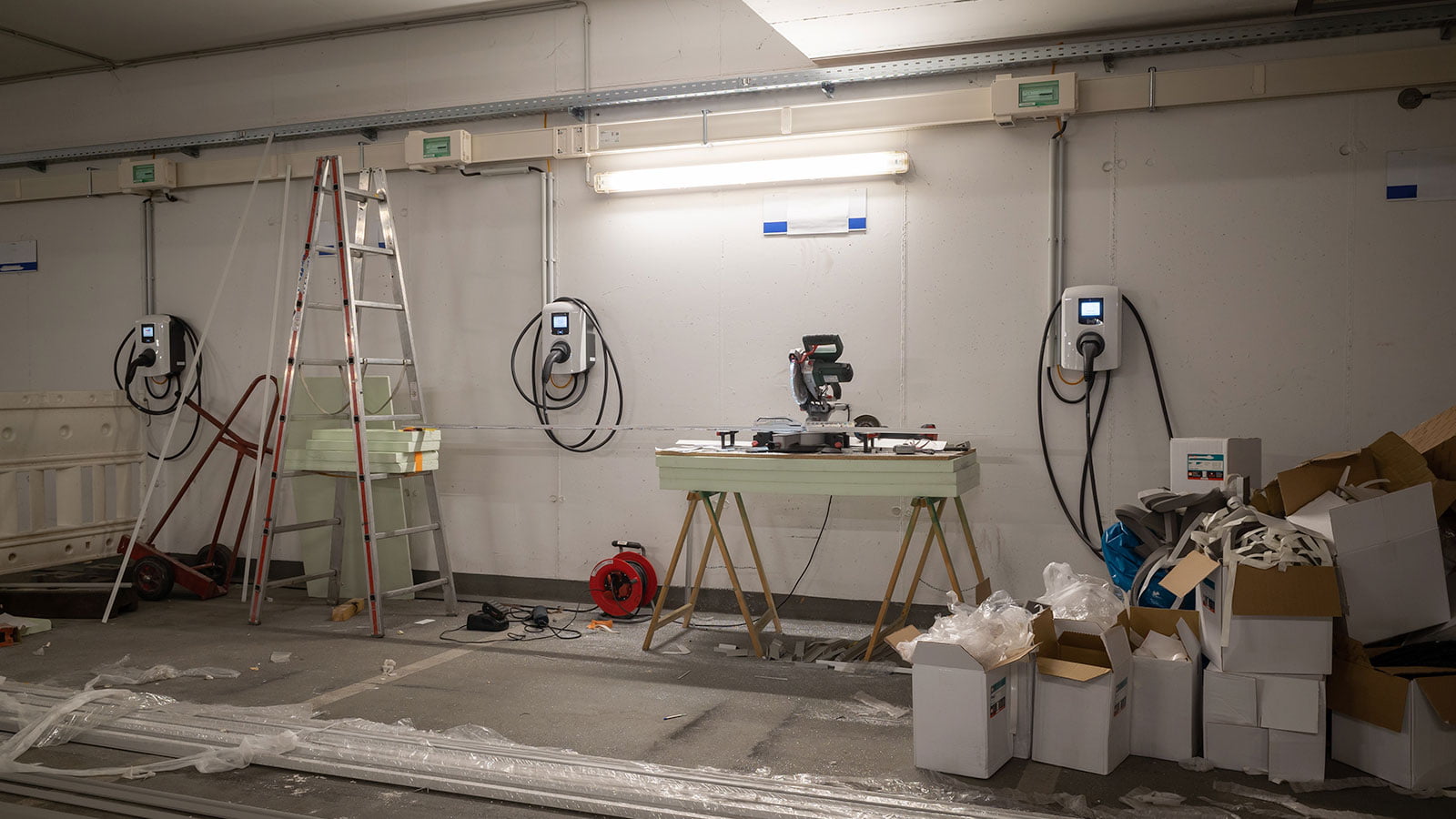SELECT, Scotland’s electrical trade association, has announced a new sub-category of membership, which it hopes will reflect the growing demand for installation of EV chargers among its members.
Demand for EV chargers continues to grow, and that is being reflected by the growing number of electrical contractors which are carrying out installations. This has led to SELECT to launch three new classifications, which it argues could help consumers to find a suitably trained and competent electrician who is able to carry out the work safely and to the highest standards.
Set to be introduced from June 5, 2023, the three new sub-categories will be as follows:
- EV charging equipment installations (domestic)
- EV charging equipment installations (commercial)
- EV charging equipment installations (large scale)
Bob Cairney, Director of Technical Services, noted, “We are aware of changes to the demands that many SELECT members encounter from consumers for certain types of electrical installation work to be carried out.
“This includes the increased demand for the installation of EV charging equipment, which is being driven by climate change targets and the subsequent popularity in low and zero-emission vehicles.
“SELECT has therefore decided to expand its work categories to include this type of electrical installation work, with the introduction of new classifications and approvals recognising those Members who are competent to undertake such work.
“We will also use this information to help potential customers find members with the necessary competence to undertake the specific work through the ‘Find a Member’ search facility on our website.”
The new sub-categories will be added to SELECT’s 10 existing technical categories, one or more of which members must be accredited in to be considered for membership:
- 3.1: Low and extra-low voltage electrical installations up to 1kV
- 3.1a: EV charging equipment installations (domestic)
- 3.1b: EV charging equipment installations (commercial)
- 3.1c: EV charging equipment installations (large scale)
- 3.2: Low voltage electrical installations up to 1kV (defined approval)
- 3.3: Fire detection and fire alarm systems in dwellings only
- 3.4: Fire detection and fire alarm systems in buildings including dwellings
- 3.5: Emergency lighting systems
- 3.6: Manufacture and/or installation of control panels and control systems
- 3.7: Hazardous areas
- 3.8: Security systems
- 3.9: Voice and data systems
- 3.10: In-service inspection and testing of electrical equipment.
The new categories will only be available for members currently classified in category 3.1: Low and Extra-low Voltage Electrical Installations up to 1kV, and will be subject to specific technical requirements and proof of suitable training.
Cairney added, “There is no doubt that the future is electric and that the way we live and work will increasingly rely on renewable technology powered by, and dependent on, electricity.
“Our members will play a key role in the design, installation and maintenance of such renewable systems so it is vital that we recognise their role and also provide peace of mind for the public, pointing them in the direction of skilled contractors who are suitably trained and qualified.”
The launch is the latest commitment to renewable technology by the association, which recently launched in-depth training courses in the installation of solar photovoltaic (PV) and electrical energy storage systems with GTEC Training.
It is also currently providing technical updates on air source heat pumps in its nationwide Toolbox Talk roadshows, with additional input from manufacturers Daikin and NIBE and representatives from the Scottish and Northern Ireland Plumbing Employers’ Federation (SNIPEF).

